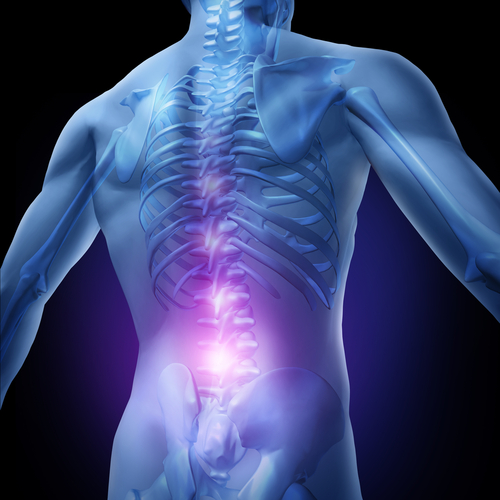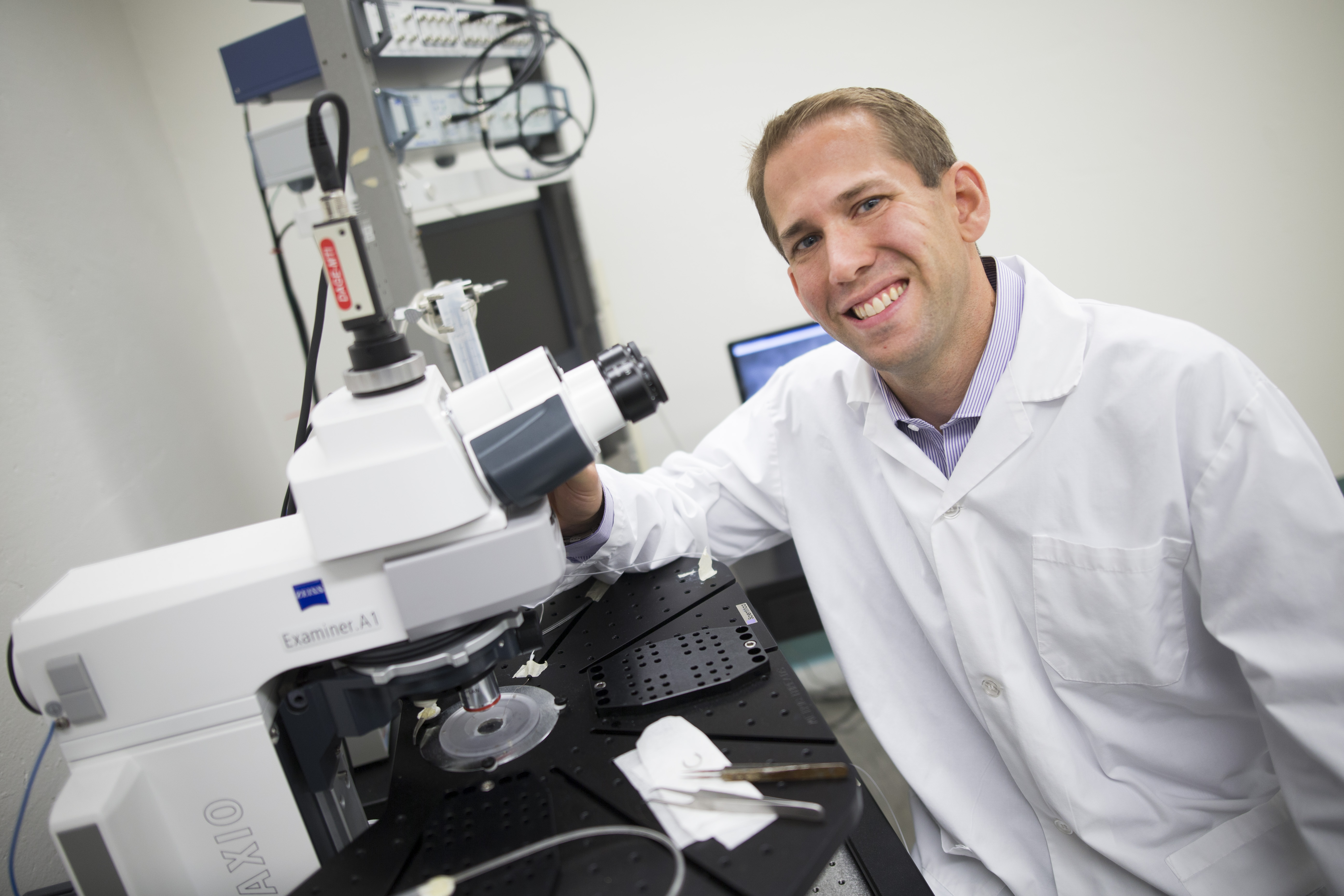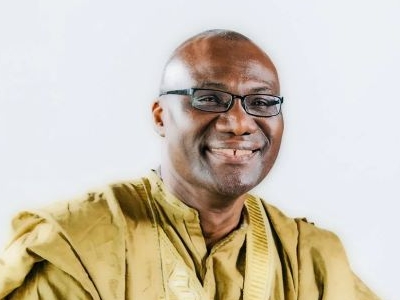Did you know that one in five Canadians suffer from chronic pain?
“I know this can be a devastating disease that impacts all aspects of one’s life, as well as the lives of the ones they love,” says Annemarie Dedek, a grad student in Neuroscience who is helping to research potential treatments for chronic pain.
She continues: “It is difficult to watch someone you love suffer and be unable to do things that they once were able to do. In addition, there is a socioeconomic impact of chronic pain, as often it prevents one from being able to work.”

Dedek, and her supervisor, Assistant Professor Michael Hildebrand, are investigating molecular and cellular changes in the spinal cord that lead to the development of chronic pain.
“Understanding what is happening in these conditions may lead to potential targets for therapies,” shares the graduate student.
For as long as she can remember, Dedek says that she has wanted to pursue research and work in a lab.
“I volunteered for Dr. Hildebrand in my third year at Carleton and did my fourth year Honours Project in his lab. She has just fast-tracked from the master’s program into the PhD program in Neuroscience. “What I like most about the program is the whole department. Dr. Hildebrand is wonderful! The faculty is incredibly supportive and students share a sense of comradery. We all work long hours – it is wonderful to spend that time working hard in such an encouraging environment with like-minded people.”
The researchers are funded by the Natural Sciences and Engineering Research Council of Canada, the International Association for the Study of Pain and the Canada Foundation for Innovation.
Recently, Dr. Hildebrand was also awarded a 2016 Early Career Investigator Pain Research Grant (Basic Sciences). The $50,000 grant is awarded annually by the Canadian Pain Society (CPS) and Pfizer Canada. It is designed to help university faculty conduct preliminary research that could be used to apply for a Tri-council (CIHR, NSERC, SSHRC) grant.
Says Dr. Hildebrand: “We need to develop better treatments in the future, so this is kind of one small piece in that puzzle of potentially leading to new strategies to better manage and treat pain.”

After her PhD, Dedek plans on pursuing a Postdoctoral Fellowship and eventually a full-time career in academia.
You can find out more information about programs in Neuroscience by going to the departmental website.
Monday, September 19, 2016 in Grad Student Research, News
Share: Twitter, Facebook




